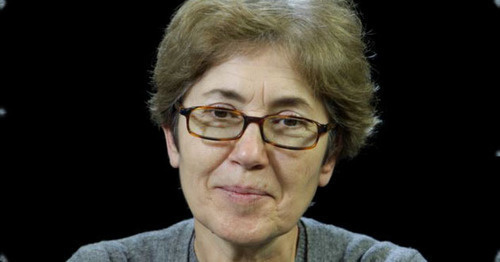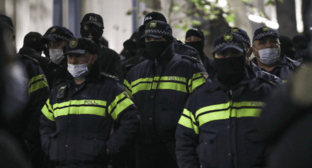
04 April 2017, 15:45
Economists see inequality in incomes from oil production in Chechnya and subsidies from Moscow
There are no large reserves of oil in Chechnya, and revenues from its sale cannot be compared with the subsidies coming to the region from Moscow. This opinion was voiced by economists Natalia Zubarevich and Mikhail Chernyshov. Political analyst Alexei Malashenko believes that the dispute over the oil production in Chechnya is of political nature.
The "Caucasian Knot" has reported that in late March, it became known that, following the results of the auction, the "Rosneft" was granted the rights to develop the Datykh and Predgorny oil and gas sites, and the "Chechenneftekhimprom", controlled by the "Rosneft" on the lease basis, got the right to develop the Rodnikovo-North-Khankala and South-Suvorov sites.
According to Natalia Zubarevich, the director of the regional programme of the Independent Institute of Social Policy (IISP), Chechnya is a region, which has not huge reserves of oil.
In Chechnya, oil reserves are relatively small, and this is shown by the table of oil reserves published by the journal "Mineral Resources of Russia. Economics and Management". This opinion was voiced by Mikhail Chernyshov, Ph.D. in Economics, Senior Researcher of the Institute for Market Problems of the Russian Academy of Sciences (RAS).
According to Professor Alexei Malashenko, a researcher of the Carnegie Foundation, there is a prevailing opinion that there are almost no oil reserves in Chechnya; however, many oil workers do not support it.
Professor Alexei Malashenko believes that apart from the economic advantage, the top-ranking officials of Chechnya see also political advantage in the continuation of oil production.
"The 'Rosneft' was able to win the auction as a result of a certain consensus. It takes into account the interest of the 'Rosneft' and the interest of Ramzan Kadyrov as the leader of Chechnya," the expert has explained.
Full text of the article is available on the Russian page of 24/7 Internet agency ‘Caucasian Knot’.
Author: Rustam Djalilov Source: CK correspondent




